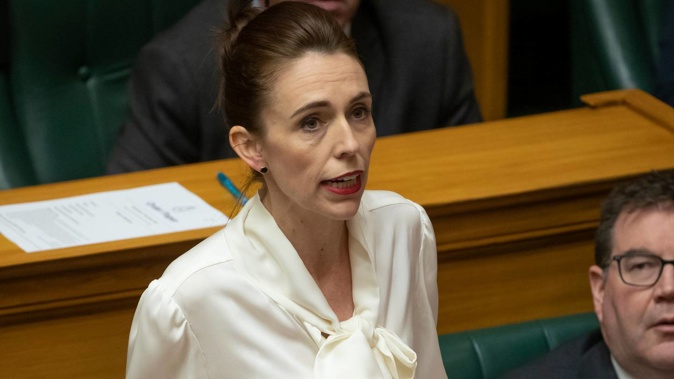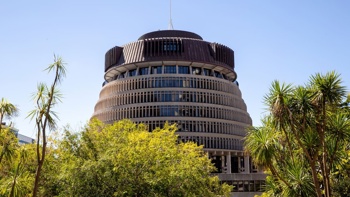
New Zealand received welcome news on Sunday after Australia decided not to extend its quarantine-free flight suspension and the Ministry of Health reporting another day of no new Covid-19 cases in the community.
However, it's not all good news with health authorities now worried new European Union rules on vaccine exports could mean there are not as many doses available in New Zealand.
And while yesterday's reopening of the one-way travel bubble is good news for Kiwis bound for Australia, it is progress in the wrong direction for desperate tourism operators in New Zealand struggling to keep their heads above the water.
Green zone quarantine-free flights from New Zealand to Australia commenced again yesterday after the scheme was swiftly suspended following the discovery of the South African Covid-19 variant in the community.
Australia's acting chief medical officer Professor Michael Kidd said in a press conference yesterday that "green zone flights from New Zealand into Australia are now judged to be sufficiently low risk given New Zealand's strong public health response to Covid-19."
Meanwhile, to add to New Zealand health officials' worries, the European Union's new controls on Covid-19 vaccine exports could mean there are not as many doses available in New Zealand.
The EU has introduced new rules and controls for vaccines made inside the EU and bound for countries outside the EU, including the Pfizer and AstraZeneca vaccines.
Prime Minister Jacinda Ardern said at a press conference yesterday that what the EU was doing was "wrong" and that she was "deeply concerned."
"The world cannot afford vaccine nationalism right now," she said.
"We as a nation have always said that given what we are seeing overseas, we are very willing to be patient. However, there is still a duty to make sure the world's healthcare workers and those that are at the frontline are protected as well."
She said the decision of where vaccines go should not be made by any individual country or group of countries.
"Drug companies are in a much better position within the arrangements that they have with purchases and the facility that is providing for the world, for example, Covax, to make a decision around where the greatest need exists and to try and prioritise."
While the Ministry of Health said it was determining whether the new rules will slow down New Zealand's pandemic response, it also said it expected vaccine manufacturers to stick to timeframes in purchase agreements.
It says the government has pre-ordered four different vaccines, so New Zealanders will still have access to a vaccine if one agreement fails.
The EU unveiled its plans to tighten rules on exports of coronavirus vaccines produced inside the bloc amid fears some of the doses it secured from AstraZeneca could be diverted elsewhere. The measure could be used to block shipments to many non-EU countries and ensure that any exporting company based in the EU will first have to submit their plans to national authorities.
The UK and Northern Ireland governments immediately lashed out at the move, saying the bloc invoked an emergency clause in its divorce deal with Britain to introducing controls on exports to Northern Ireland. Goods are supposed to flow freely between the EU and Northern Ireland under special arrangements for the UK region designed to protect the peace process on the island of Ireland.
But the EU later said it was not invoking Article 16 of the Northern Ireland Protocol allowing either side to override parts of their deal.
"The Commission is not triggering the safeguard clause," it said in its statement, adding that the restricting regulations have yet to be finalised and won't be adopted before Saturday.
Desperately awaiting a vaccine and open borders are New Zealand's tourism operators, as some businesses battle to stay open in the face of mounting compliance costs.
Wings and Water Te Anau operations manager and co-owner Ivan Krippner told RNZ his insurance alone had gone up dramatically.
It used to cost him $7000 to insure a float plane - flying or not, he said, but that jumped to $17,000 last year, and to $32,000 this year.
Fox Glacier Guiding chief executive Rob Jewell said it was hard to cover increasing compliance costs after the hit on the revenue from border closures.
"I mean every bit of compliance costs we can't just soak up as a business. We have done so in the past for the majority of them but eventually, you just get to the point that you have to pass that on in your pricing to the customer if you just want to keep your head above water basically," Jewell said.
"So when we first started doing our three-yearly certification, it'd cost us around $2000 to $2500. Well, now they're in the vicinity of $10,000 plus and we've got our next major one coming up in June of this year so that's going to hurt especially when we're in a Covid year."
Take your Radio, Podcasts and Music with you









